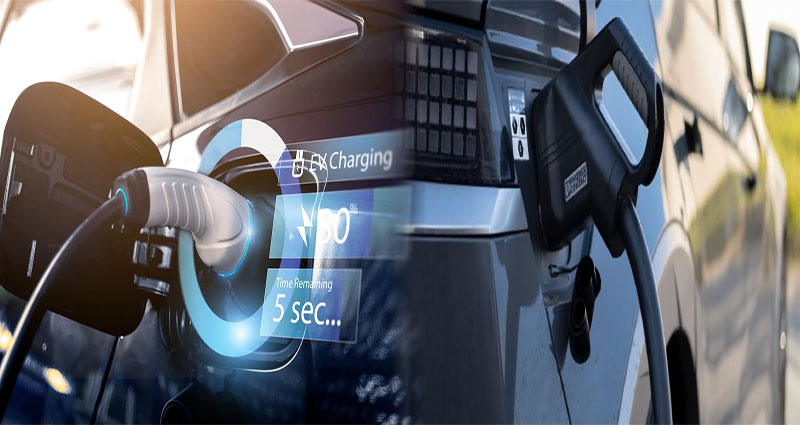As the demand for electric vehicles (EVs) continues to rise, it’s important for consumers to have a clear understanding of how to compare battery capacity and range specifications when considering purchasing an electric vehicle. Understanding these specifications can help potential buyers make informed decisions and choose the EV that best meets their needs. In this guide, we will outline the key factors to consider when comparing electric vehicle battery capacity and range specifications.
1. Battery Capacity
Battery capacity refers to the amount of energy stored within an EV’s battery pack and is typically measured in kilowatt-hours (kWh). A higher battery capacity generally means a longer driving range. When comparing battery capacity specifications, consider the following:
- Driving Range: A higher battery capacity often translates to a longer driving range. However, it’s essential to consider other factors such as vehicle weight, aerodynamics, and driving conditions, all of which can impact the actual range achievable.
- Charging Time: Higher capacity batteries may take longer to charge. Consider the available charging infrastructure and your driving habits when evaluating battery capacity.
2. Driving Range
The driving range of an EV indicates how far the vehicle can travel on a single charge. When comparing range specifications, keep the following in mind:
- Real-world Conditions: Manufacturer-provided range estimates are typically based on ideal driving conditions. It’s important to consider real-world variables such as temperature, driving habits, and use of climate control, which can impact the actual range.
- City vs. Highway Driving: Some EVs have different range capabilities in city driving versus highway driving. Consider how and where you will primarily be using the vehicle when evaluating range specifications.
3. Efficiency
Efficiency is an important factor in evaluating battery capacity and range. Consider the following when comparing various EV models:
- MPGe (Miles Per Gallon Equivalent): This measurement allows for comparison of the efficiency of electric vehicles to traditional gasoline-powered vehicles. A higher MPGe indicates greater efficiency.
- Energy Consumption: Some manufacturers provide data on the vehicle’s energy consumption in kWh per 100 miles. This can be useful for comparing the efficiency of different models.
4. Other Considerations
- Warranty: Look into the warranty provided for the electric vehicle’s battery. Manufacturers may offer specific warranties related to battery capacity and performance, which can provide valuable assurance for buyers.
- Charging Infrastructure: Consider the availability of charging stations in your area and along your regular routes. Investigate the compatibility of different EV models with various charging networks to ensure convenience and flexibility.
Understanding and comparing electric vehicle battery capacity and range specifications is crucial for making an informed purchase decision. By evaluating these specifications in light of real-world driving conditions and personal requirements, prospective buyers can select an electric vehicle that aligns with their needs and expectations. With ongoing advancements in battery technology and charging infrastructure, the feasibility and appeal of electric vehicles continue to grow, making it an exciting time to explore the world of electric mobility.











